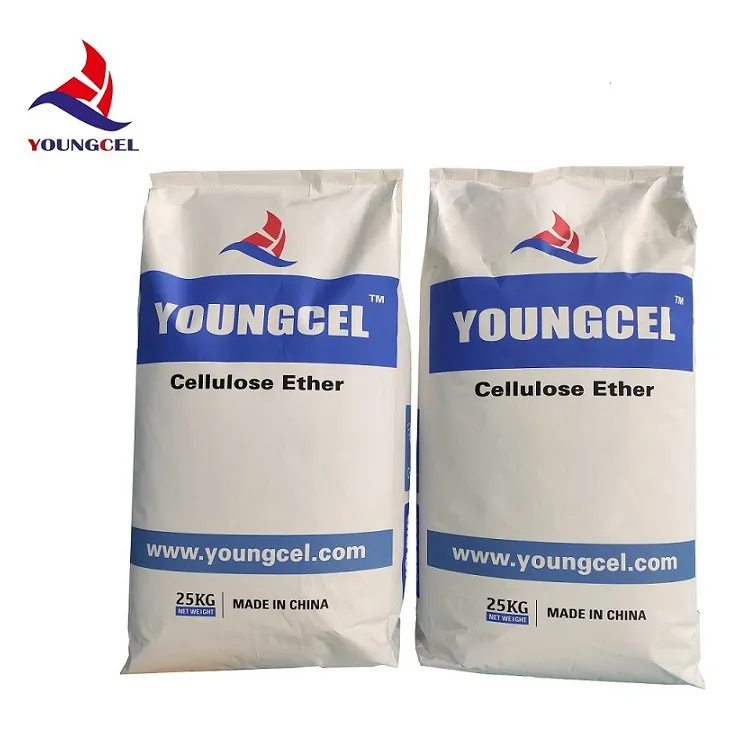Understanding Industrial Grade HPMC Properties and Applications
Hydroxypropyl Methylcellulose (HPMC) is a versatile, non-ionic cellulose ether that has garnered significant attention across various industries due to its unique properties and multifunctional characteristics. When we refer to industrial grade HPMC, we are primarily discussing a specific formulation designed for various applications, ranging from construction to pharmaceuticals. Its properties make it a preferred choice for numerous manufacturing processes.
Properties of Industrial Grade HPMC
One of the defining features of industrial grade HPMC is its excellent water retention capability. This property is crucial in construction applications, particularly in cement and gypsum products, where it contributes to workability and prevents premature drying. HPMC forms a gel-like structure upon mixing with water, maintaining moisture levels and enhancing adhesion in mortars and plasters.
Additionally, industrial grade HPMC exhibits remarkable thermal stability, ensuring it maintains its integrity under varying temperature conditions. Its viscosity can be easily adjusted during the manufacturing process, making it adaptable to specific application needs. This viscosity modification is essential in formulating products that require a particular flow and consistency.
HPMC is also known for its emulsifying and thickening capabilities. In the food industry, for example, it is used as an emulsifier in sauces and dressings, helping to stabilize mixtures and prevent separation. In paint and coatings, HPMC improves the spreadability and performance of the product, enhancing its quality.
Applications of Industrial Grade HPMC
The applications of industrial grade HPMC are vast and varied, with a significant impact in several sectors
industri grade hpmc

1. Construction Industry In construction, HPMC is primarily used in tile adhesives, dry-mix mortars, and gypsum-based products. It improves the spreadability and workability of materials while enhancing adhesion to surfaces.
2. Pharmaceuticals In the pharmaceutical field, HPMC is utilized as a binder and a film-forming agent in tablets, capsules, and controlled-release formulations. Its non-toxic and biodegradable nature makes it ideal for health-related applications.
3. Food Industry HPMC is employed as a food additive for its thickening and stabilizing properties. It is commonly found in low-fat and gluten-free food products, where it helps mimic the texture of fats and gluten.
4. Cosmetics and Personal Care In cosmetics, HPMC functions as a thickening agent in creams, lotions, and gels, contributing to the overall texture and viscosity. Its ability to enhance moisture retention also benefits skincare formulations.
5. Paints and Coatings In paints, HPMC serves as a thickener, helping to control the consistency and improve the stability of coatings. It also enhances the application properties, ensuring a uniform finish.
Conclusion
Industrial grade HPMC is a remarkable compound that showcases a plethora of features making it indispensable across various industries. Its water-retaining properties, thermal stability, and adaptability in viscosity make it particularly beneficial for construction, pharmaceuticals, food, cosmetics, and paint applications. As industries continue to evolve, the demand for high-quality and multifunctional materials like HPMC will likely grow, underscoring its importance in advancing manufacturing processes and developing innovative products. Understanding the properties and applications of industrial grade HPMC not only highlights its versatility but also its integral role in modern industry.
-
The Application and Significance of Construction RdpNewsMay.19,2025
-
Industrial Grade HpmcNewsMay.19,2025
-
Building Coating Adhesive Building Coating Adhesive HpmcNewsMay.19,2025
-
Application Of Hpmc For Detergent For Detergent In DetergentsNewsMay.19,2025
-
Application Of Hpmc Cellulose In Cement-Based MaterialsNewsMay.19,2025
-
Application Of High Quality Hpmc For Construction In The Field Of ConstructionNewsMay.19,2025




